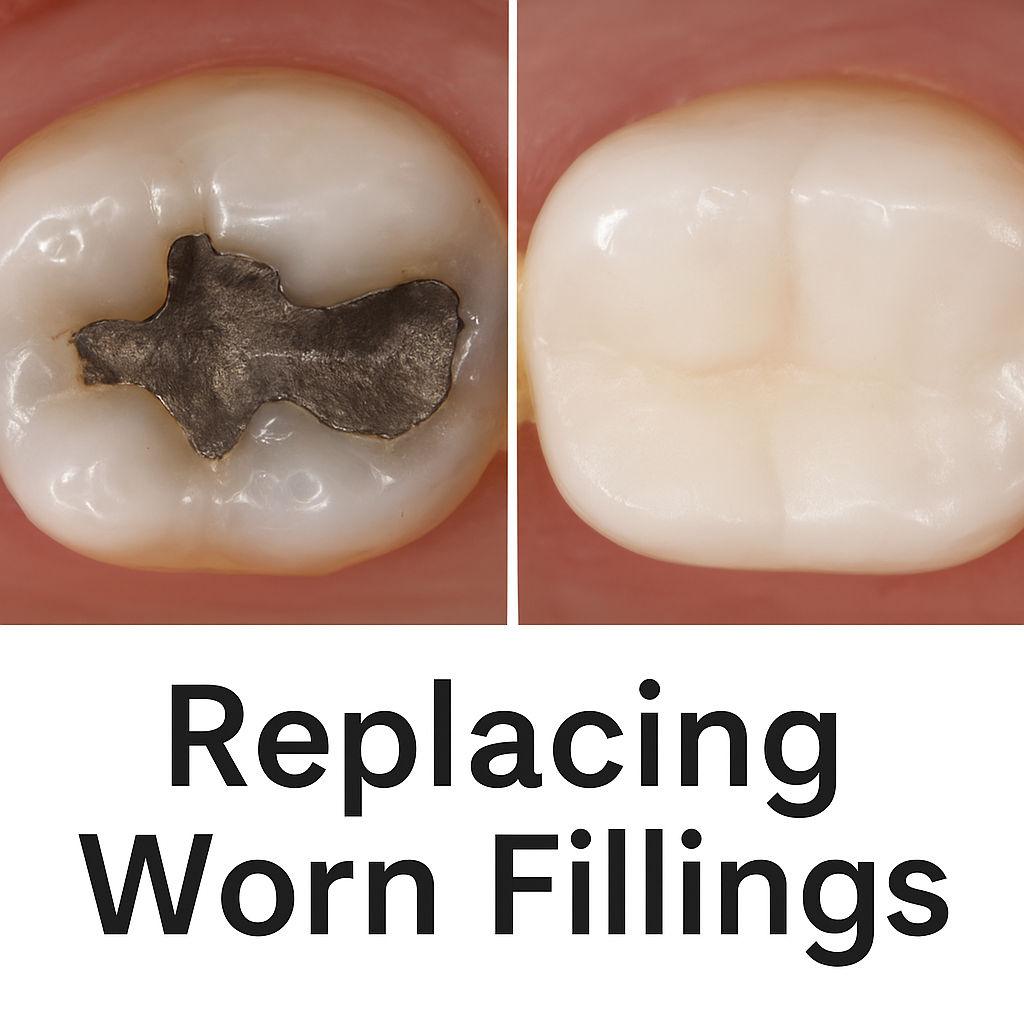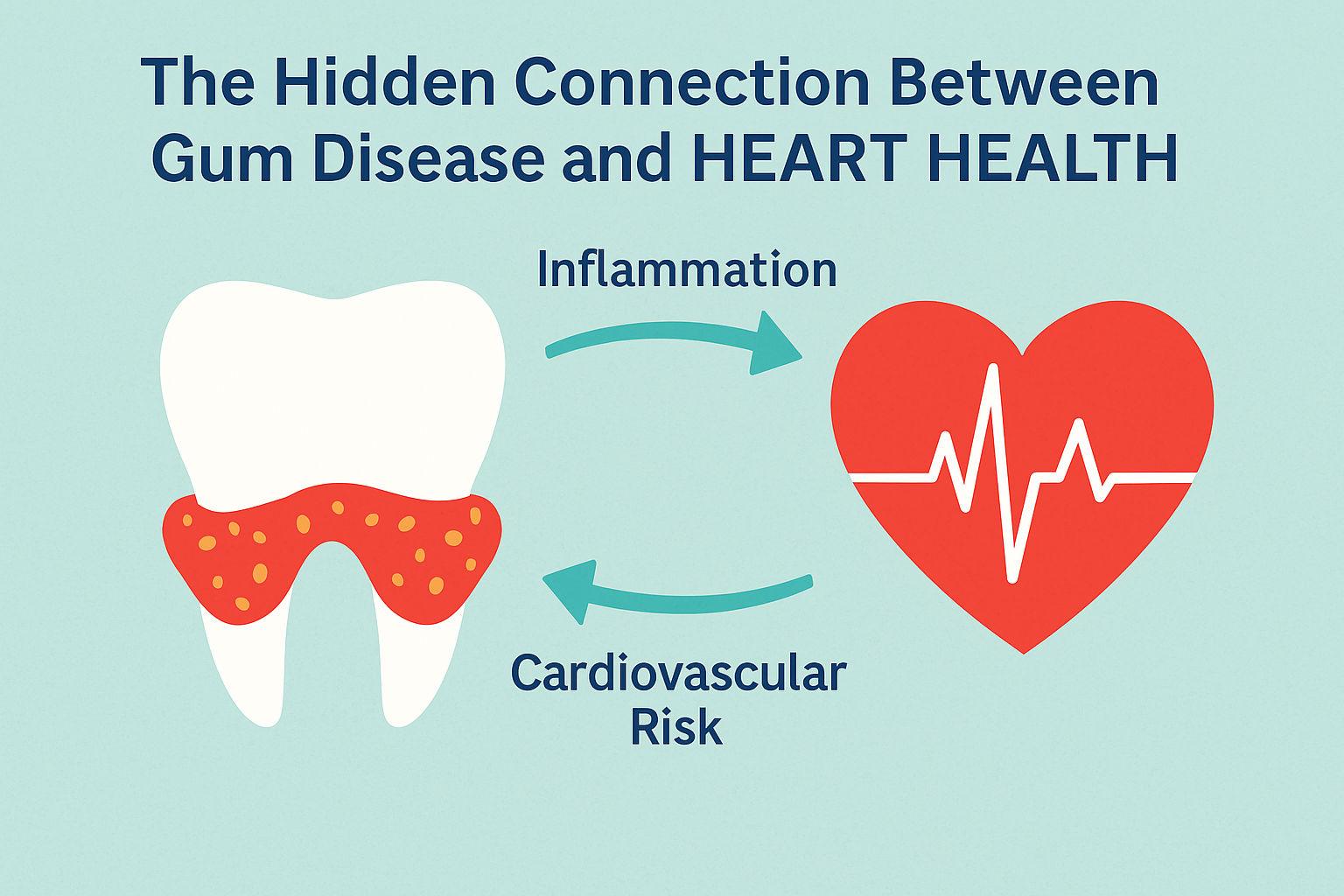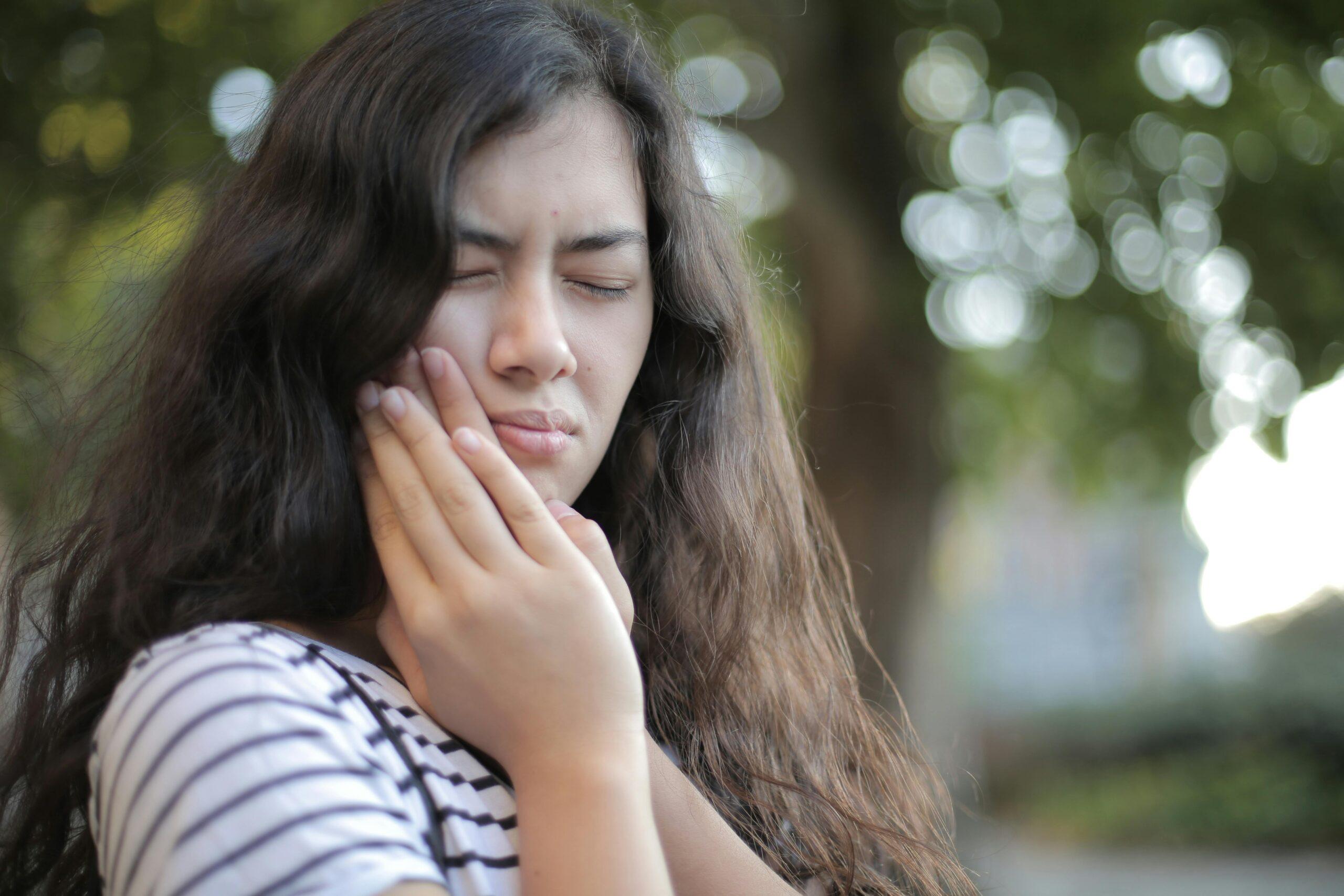Blog Highlights:
- Sleep apnea is a disorder that happens when your regular breathing is interrupted while you sleep
- Central sleep apnea happens when the brain fails to signal the muscles you use for breathing to function
- Obstructive sleep apnea happens when there are obstructions in your airways that is preventing you from breathing properly during sleep
- Men who are 40 years old and who are overweight have an increased risk of developing sleep apnea
- When left untreated, sleep apnea can result in different health problems
Sleep apnea is a very serious sleeping disorder that can occur unexpectedly. It happens when your regular breathing is interrupted as you sleep at night. Snoring is a common symptom in patients who have sleep apnea, but not all those who snore have it.
There are two types of sleep apnea:
Central sleep apnea – This is caused by problems with how the brain is able to signal the muscles that you use for breathing. The airway of the patient is not actually blocked; the brain however, is unable to signal the right muscles for proper breathing. This type of sleep apnea is associated with conditions such as stroke, brain infections, brain tumors, and heart failure.
Obstructive sleep apnea – This is the most common form of apnea. It is caused by a blocked airflow during sleep. It typically happens when the soft tissue at the back portion of the throat collapses. It is associated with obesity.
Sleep apnea can happen to anyone regardless of age. It is however, more common in men. Those with the following factors have an increased risk for sleep apnea:
- Being overweight
- Those who are aged 40 and above
- Those who have a family history of sleep apnea
- Those who have large tonsils
- Those who have small jaws
- Those who have large tongues
- Those who are suffering from nasal obstructions caused by sinus problems, allergies, or a deviated septum
Sleep apnea can result in the following complications if left untreated:
- Worsening of ADHD
- Diabetes
- Depression
- Heart attack
- Heart Failure
- Irregular heartbeat
- Stroke
- High blood pressure
Treatment options for Sleep Apnea
Sleep apnea can be treated. One of the simplest ways for you to treat it is by adjusting your sleeping habits such as not sleeping on your back.
You can also use CPAP or continuous positive air pressure. This is a device that is designed to help improve your breathing while you sleep. It supplies air through your nasal passages and the air pressure will keep your airway open while you sleep.
Surgery is also a treatment option for sleep apnea. The American Academy of Dental Sleep Medicine recommends upper airway surgery when the other treatment options are unsuccessful when it comes to eliminating the symptoms of sleep apnea. Depending on the nature of the obstruction and the location of the problem, the surgery to be performed can be complex or minimally invasive. In some occasions, it might be necessary to remove parts of the throat or the soft palate, it might even be necessary to remove the tonsils.
Oral appliances can also be used to help support and shift your jaw so that you can stop the airway from collapsing. This option has been known to successfully help prevent sleep apnea in mild or moderate cases.
Those who think that they have sleep apnea should speak with their physician or dentist as soon as possible so that he or she can get an evaluation as well as more information about this disorder.









